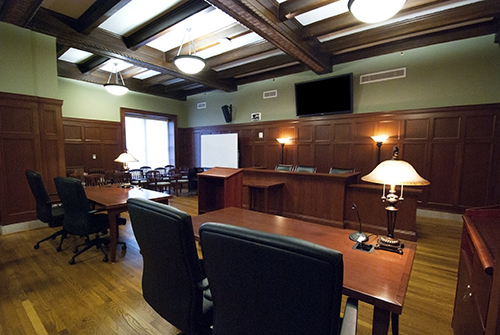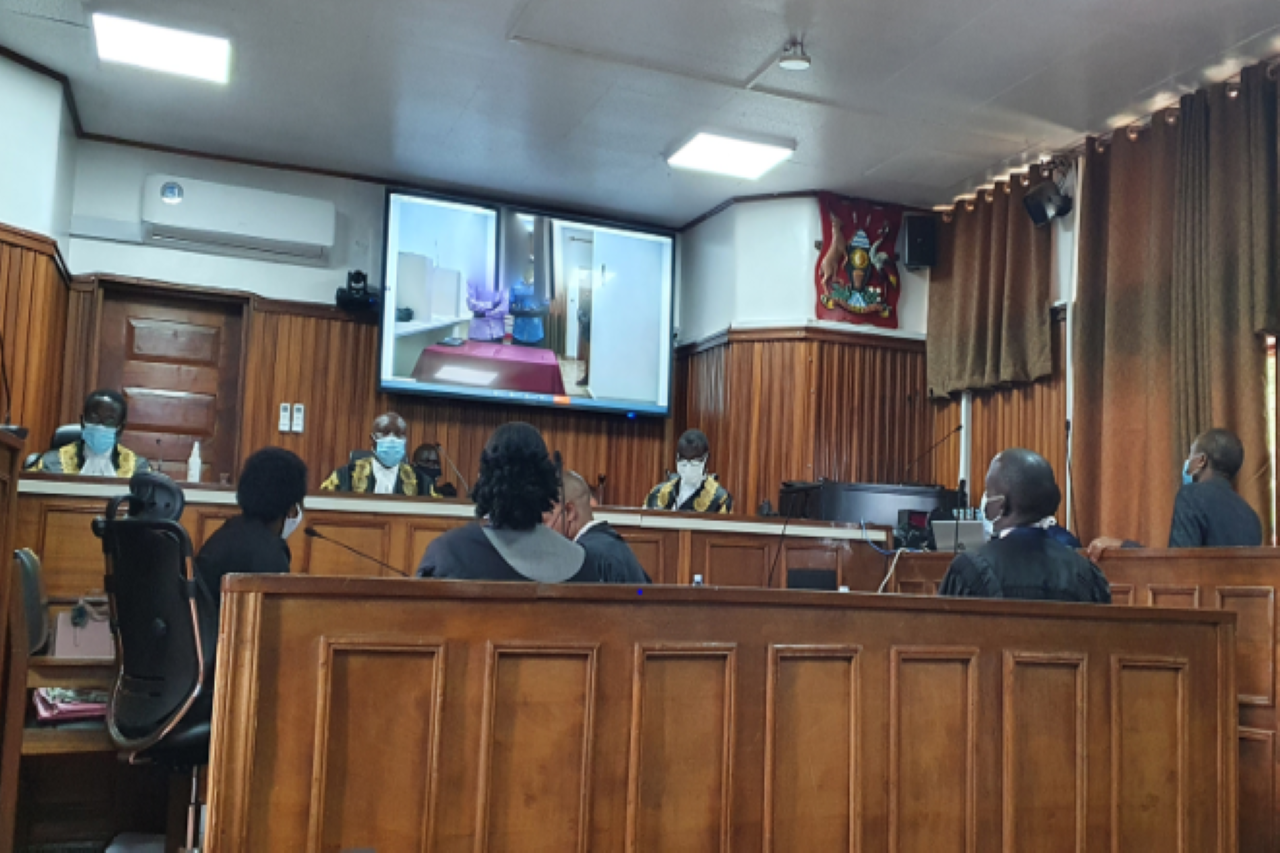Video Conferencing in Court: Legal Standards and Best Practices
Video Conferencing in Court: Legal Standards and Best Practices
Blog Article
The Duty of Court Coverage in Ensuring Fairness in Legal Provider
Court reporting is an essential component in the judicial process, serving as a structure for reasonable legal practices through precise documents of courtroom communications - Video Conferencing. As we explore the complex role of court coverage, it comes to be apparent that its impact expands beyond plain record-keeping; it touches on the very concepts of justice and equity.
Importance of Accurate Document Keeping
Accurate document maintaining works as the backbone of any kind of legal action, ensuring that every detail is documented and protected for future reference. The integrity of a lawful procedure rests on the capability to obtain accurate info regarding testaments, evidence, and judicial rulings. Stenotype reporter play a crucial role in this context, thoroughly transcribing oral procedures to develop reliable authorities records.
These documents not just work as an important element in retrials or appeals however also assure that all events involved have access to the same details, thus promoting fairness. Video Conferencing. Insufficient or imprecise records can cause misunderstandings, misinterpretations, and eventually, wrongful judgments
The practice of court reporting is crucial in maintaining the standards of lawful responsibility. In recap, the relevance of precise document keeping can not be overemphasized, as it underpins the efficiency and honesty of the whole legal structure.

Enhancing Judicial Transparency
Openness within the judicial system is essential for promoting public trust fund and liability. Court coverage plays a pivotal duty in this procedure by supplying precise, verbatim records of lawful process, which function as a trusted resource of information for all stakeholders included. These documents not only document the procedures yet also guarantee that the actions and decisions of the court are open to examination.
The accessibility of court transcripts allows the public, attorneys, and media to involve with the judicial process, growing a society of visibility. When people can examine court records, they are much better furnished to understand and examine the justness of judicial choices. This, in turn, decreases the chance of misconceptions and false information surrounding court activities.
Moreover, precise and timely court reporting can aid brighten patterns of behavior within the judicial system, consequently identifying areas for improvement. By making court process understandable and available, stenotype reporter add to a more informed public discussion relating to the justice system. Eventually, improving judicial transparency via attentive court reporting not only strengthens the stability of legal solutions but additionally reinforces the foundational concepts of democracy and justice.
Sustaining Lawful Depiction
Efficient court coverage is necessary for sustaining legal depiction, as it provides lawyers with accurate and extensive documents of courtroom procedures. This documents acts as a critical source for legal experts, allowing them to prepare their instances efficiently, develop techniques, and existing debates grounded in precise records. Stenotype reporter record not only spoken discussion but also non-verbal signs and court room characteristics, which can significantly affect the interpretation of events and statement.
The dependability of records generated by court official site reporters improves lawyers' capacity to referral particular declarations and proof throughout trials and appeals. This level of information is important for cross-examinations and for developing integrity in legal arguments. Well-documented procedures enable attorneys to recognize variances, assess the strengths and weak points of their situations, and make notified decisions regarding how to proceed.
Along with the direct support provided to lawyers, effective court reporting contributes to the general honesty of the legal procedure. By making sure that all elements of the process are accurately recorded, court reporting cultivates a fair atmosphere where lawful representation can thrive, inevitably supporting the quest of justice within the judicial system.
Promoting Equal Access to Justice
The arrangement of court reporting services plays a pivotal duty in advertising equivalent access to justice within the legal system. Timely and precise transcription of court procedures makes sure that all celebrations, despite socio-economic condition, can effectively join lawful processes. This inclusivity is essential for fostering a fair and equitable judicial atmosphere.
Court reporters provide a comprehensive and unbiased document of oral debates, witness testaments, and judicial choices. Such paperwork is crucial not just for courts and attorneys however also for self-represented plaintiffs that may do not have legal know-how. By offering clear and accessible records, stenotype reporter make try these out it possible for individuals to better recognize case process, therefore empowering them to support for their civil liberties.

Impact on Lawful Results
Court reporting's precision and dependability significantly affect lawful outcomes, shaping the trajectory of instances in profound methods. When court reporters generate exact and verbatim records of tests and hearings, they guarantee that all celebrations have accessibility to a precise record of procedures. This is crucial for appeals, where discrepancies in testament or step-by-step errors can alter the outcome of a situation.

Additionally, the role of stenotype reporter extends beyond mere documentation; they function as neutral observers, contributing to the general fairness of the lawful system. Their professionalism and dedication to accurate reporting aid support the guideline of law, making sure that justice is offered based on factual evidence instead of conjecture.
Verdict
In final thought, court reporting acts as a basic column in advertising justness within lawful solutions. With the arrangement of objective and accurate documents, court press reporters enhance judicial transparency, support effective lawful depiction, and guarantee equivalent accessibility to justice. The precise recording of court room procedures contributes significantly to the integrity of legal outcomes, ultimately cultivating an extra simply lawful system where all events can rely on exact representations of evidence and declarations.
Court reporting is a vital component in the judicial process, offering as a foundation for fair legal practices via thorough paperwork of courtroom communications. Court coverage plays an essential function in this procedure by providing accurate, verbatim documents of legal procedures, which offer as a reliable resource of details for all stakeholders included. By making court process accessible and comprehensible, court press reporters add to an extra educated public dialogue concerning the justice system.Effective court coverage is necessary for supporting lawful representation, as it offers lawyers with exact and detailed paperwork of court room proceedings. Eventually, the role of court coverage in promoting equivalent accessibility to justice can not be overemphasized, as it underpins the fundamental principles of transparency, fairness, and liability within the legal system.
Report this page